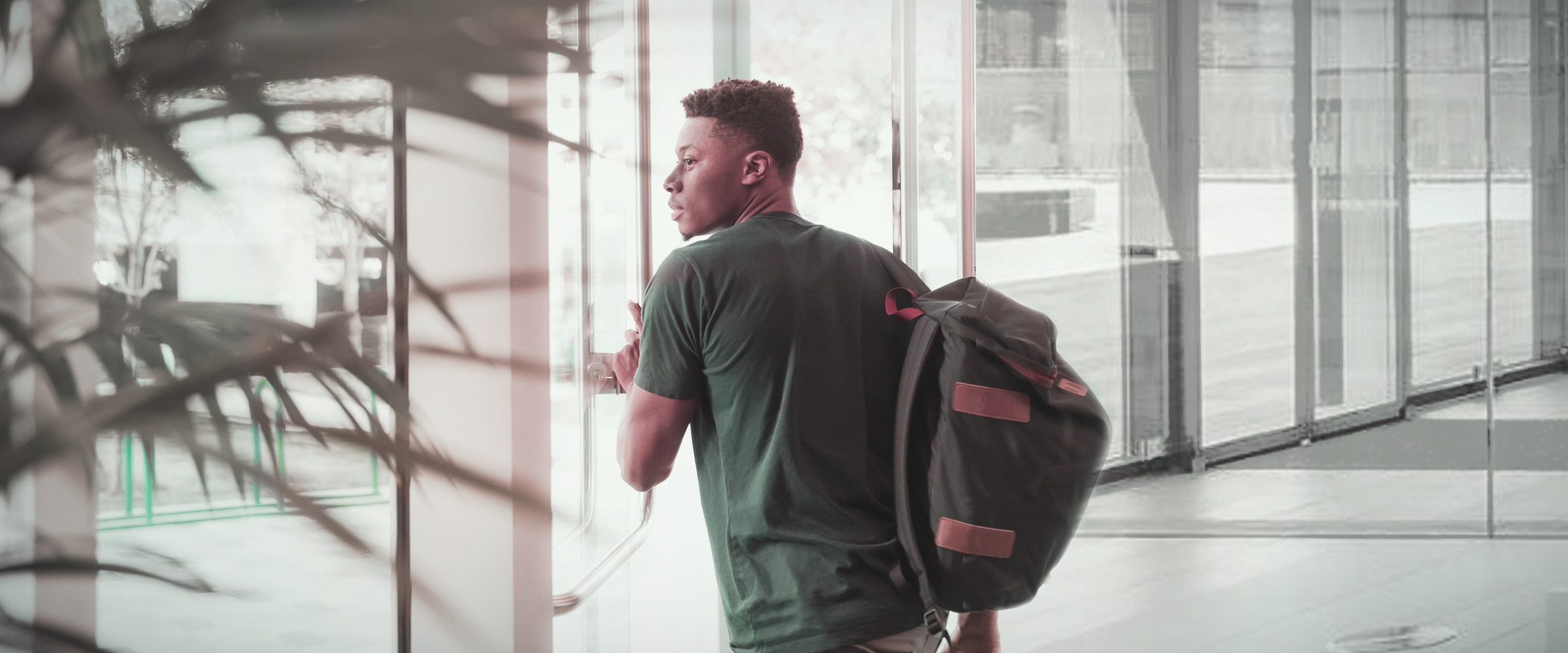Contributor Justin Robbins holds undergraduate degrees in biology and history. Here he explores why finding study spaces that support your sensory needs are important, and he shares his own experience.
The particular sensitivities and severities will change from person to person, but differences in sensory perception are a significant part of the autistic experience. Navigating those potential challenges is an important life skill, and what it takes to thrive in college is no exception. For however many years, your college is going to be your home, and this home is shared by several hundred, if not thousand, other people. This makes for a bustling campus that can be as exciting as it is intimidating.
At its core, college is about academics. Some partygoers may say otherwise, but you will be spending a lot of time working on projects, writing essays, and studying. Where are you going to do that? For me, it was a question of where I could focus and feel comfortable.
College libraries are wonderful places across the board. They provide access to legions of books, films, archived material, academic papers, and places to study. Many people enjoy the central location and academic setting. There are usually tables or more isolated rooms you can reserve for a couple hours. However, the library never worked for me as a study space. Even though people always kept a respectful volume, it was still too much for me. All the hustle and bustle together was just enough to unsettle and distract me. I was honestly disappointed that I was unable to study there, but I knew I would have to find another place to work.

In good weather, many students enjoy spending time outside on the campus green. It’s one of the largest college clichés, but it is a cliché for a reason. There will be frisbees, hanging out with friends, reading, and even outdoor studying. There are plenty of people who find the natural ambience a great backdrop to do work in. I am not one of those people. Chilling (metaphorically, not literally) outside is fun, but when I tried to study outside, my heart rate spiked and remained uncomfortably high for the rest of the day. It was like a mini-anxiety attack. What happened? I cannot know for sure, but I suspect that the sensory overload from being outside on a college campus, plus me trying to focus on my assignments, was simply too much for my brain to handle.
I learned not to force myself to replicate neurotypical habits that would cause damage to me.
So where did I do my work? My own room, occasionally in a common area. Not only was it a more quiet environment, it was a more familiar one. I imprinted (for lack of a better, non-avian, term) on my immediate home away from home. There are other reasons it worked better for me. My own residential area had fewer people than central locations on campus. Even most of my hall-mates would be at other places during much of the day. This, and the psychological association with “home,” made my dorm my preferred work location. That is what worked for me for studying.
Sensory issues don’t only arise when studying, though. Sometimes day-to-day activities can become a challenge. Having to spend time in lecture halls, primarily for intro classes, was certainly intimidating at first. The most effective coping mechanism I had was to sit somewhat off-center to avoid the loudest section of the lecture hall. The cafeterias at peak traffic can also be uncomfortable. Finding a less crowded place to sit is surprisingly effective (most eating areas will have more and less popular sections), and avoiding the busiest times of the day will making eating more manageable. Music or podcasts are also a life-saver in these crowded circumstances.
Ultimately, the best way to avoid and mitigate sensory overload is to understand yourself.
Ultimately, the best way to avoid and mitigate sensory overload is to understand yourself. Different things will bother different people, and we all have our own unique strategies to deal with them. The predominant one, however, is avoiding the painful situations in the first place, whenever possible. The more familiar you get with your school, the easier this will be, and the more you can enjoy your time instead of cringing at that one song Dewick (Tufts’ cafeteria) seems to play over and over and over.
What environments do you work best in?
What strategies have you found to make for less stressful, more productive work?
Let us know in the comments below!




